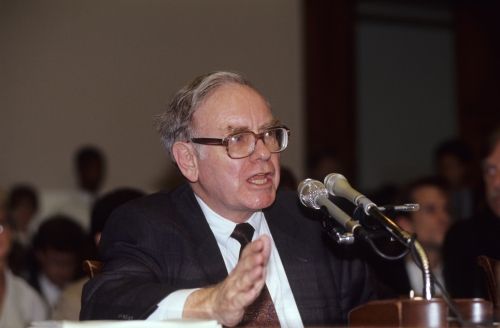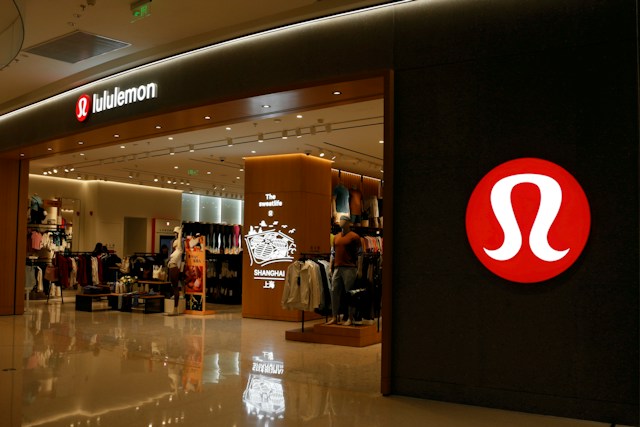[Reuters Breakingviews] Buffett’s exit risks shrinking Berkshire’s vistas

By Jonathan Guilford
NEW YORK, May 5 (Reuters Breakingviews) - Warren Buffett has done what novice investors are taught is nearly impossible: beaten the market for decades. On Saturday, the 94-year-old announced that he would step down as CEO of $1 trillion conglomerate Berkshire Hathaway BRKa.N. Under his leadership, the stock’s 20% compound return through 2024 roughly doubled the S&P 500 Index .SPX. Combined with his folksy manner, it turned the so-called Sage of Omaha into a totemic figure. Successor Greg Abel shouldn’t even try to follow this act.
Taking control of the then-struggling textile firm in 1965, Buffett steered Berkshire over 60 years, expanding into insurance, energy and beyond. Now encompassing 189 operating businesses, it piled up cash and took gigantic stakes in public companies. Some bets were opportunistic, as when Buffett lent his halo to Goldman Sachs GS.N at the peak of the financial crisis. Others were straightforward. Investments in Apple AAPL.O beginning in 2016 saw the stock rise over eight-fold, leaving Berkshire’s pared-back holdings worth $75 billion.
This combination of talents - successful stock-picker, long-time buy-and-hold operator, savvy capital allocator – helps explain why the company's annual Omaha investor meeting resembles a tourist attraction. There are even plush dolls in Buffett’s likeness. Everyone from hedge funder Bill Ackman to buyout shop KKR KKR.N have self-consciously styled themselves after Berkshire’s success.
The general wisdom on conglomerates is that they trade at a discount to the value of their holdings, scaring off specialist investors or muddying up operations. Though complexity adds uncertainty, Berkshire probably trades at a slight premium. A 4% fall on Monday morning adds unease to any question about the durability of the Buffett bonus.
Berkshire, as Buffett himself has lamented, is now so large that, in order to move the needle, it needs to find trades of such size that the opportunity is probably already well-picked-over or will be distorted by the firm’s arrival. That’s partly why a record $348 billion of cash has piled up.
Abel’s challenge will be to spend wisely. The U.S. exceptionalism that powered tech companies like Apple may be waning as trade war breaks out. New risks from technology and climate change are rising. Berkshire’s utility and insurance arms face wildfires, while its GEICO auto insurance unit may be upended by autonomous driving.
Apollo Global Management APO.N, KKR and other buyout shops also want to copy Buffett’s opportunistic investment-style during the next crisis. Like Berkshire, they have tapped into vast pools of insurance capital and are growing rapidly.
Buffett’s shadow will also linger over Abel, as he will remain chairman. And investors will wonder if the best bet is for the conglomerate to streamline and to split apart. Berkshire’s sheer size and Buffett’s fading halo give Abel time to fend off complaints, but it’s hard not to see him going on the defensive.
Follow @JMAGuilford on X
CONTEXT NEWS
Warren Buffett, CEO of conglomerate Berkshire Hathaway, said at the company’s annual investor meeting on May 3 that he is preparing to step down. He will ask the board to appoint Greg Abel as his successor.
Buffet, age 94, plans to remain the company’s chairman.
Berkshire Hathaway’s class-A stock fell over 4% to $774,701 at 1533 GMT on May 5.
Buffett minted oracular returns








